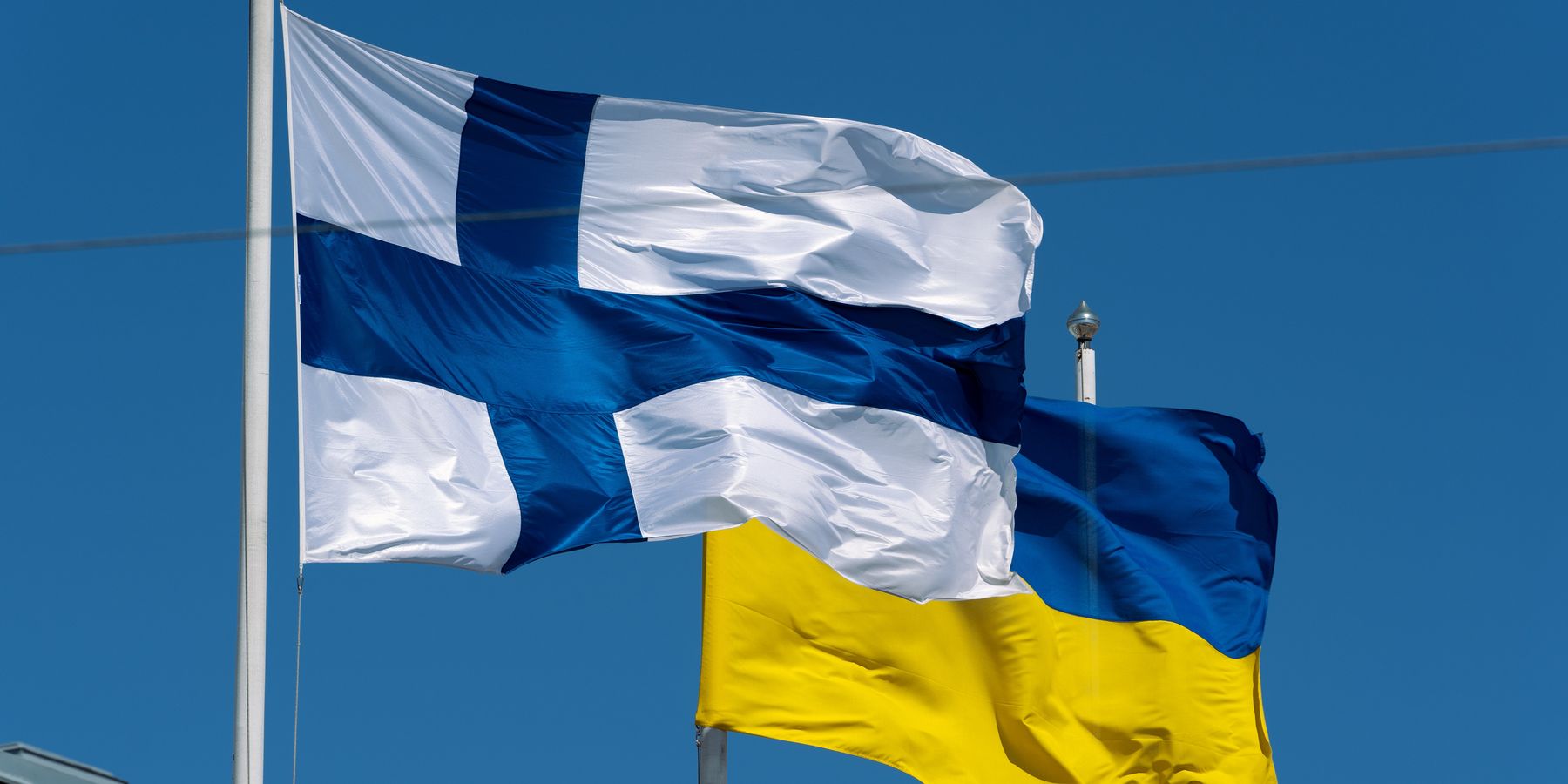The Russian conquest of Avdiivka is unlikely to alter the war’s basic realities. Although delays in the delivery of aid to Ukraine have raised Russian hopes, no meaningful changes on the battlefield are near. The Russians cannot drive to Kyiv; the Ukrainians cannot eject the invaders.
The first phase of the war in Ukraine is drawing to a close. Both sides are coming closer to acknowledging what has been clear to the rest of the world for quite some time: the current stalemate is unlikely to be broken in any significant way. This round of the war is going to end more-or-less along the current front lines.
The actions taken in the next few years will determine whether or not there will be a round two.
The war’s end state is now clear, even if it may take a bit more time for the combatants to accept it. Russian President Vladimir Putin’s barbaric invasion has failed, but Ukraine cannot return to the status quo ante. The only questions that remain concern the shape of the peace to come, and how best to avoid a second act in this pointless tragedy.
Loud voices in the West are already suggesting that the best way to avoid round two is for NATO to expand again, and bring Ukraine into the alliance. NATO Secretary General Jens Stoltenberg, on Kyiv's membership to the alliance, said over the weekend, "Ukraine is now closer to NATO than ever before...it is not a question of if, but of when."
He said Nato was helping Kyiv to make its forces “more and more interoperable” with the defence alliance and would open a joint training and analysis centre in Poland. “Ukraine will join Nato. It is not a question of if, but of when,” he insisted.
If this is the path the alliance follows, future fighting is almost assured. One side’s deterrent is often the other’s provocation.
NATO expansion was a necessary condition for Putin’s invasion of Ukraine. It was not sufficient, since Putin has agency and made a catastrophically bad choice, but it was necessary. Those in the West who blame the United States for the war are as myopic as those who claim that Western policies had nothing to do with it. Putin remains a cold warrior at heart, and talked about NATO obsessively in the years leading up to the invasion.
Expanding NATO further would again provide the necessary conditions for tension and conflict. Russia will not stand by while Ukraine joins the enemy camp. A second invasion – perhaps before Ukraine formally joined the alliance, or perhaps afterwards – would be extremely likely. Those who suggest that deterrence would keep the Russians in check should listen to the rambling interview Putin just gave to Tucker Carlson. Ukraine simply matters more to the Russians than it does to us. Putin would calculate that no American president would be willing to sacrifice New York for Kyiv.
Another solution exists, one that might well assure Kyiv’s security without exacerbating Russian paranoia. Ukraine should be “Finlandized.”
During the Cold War, Finland was essentially a neutral country. It took no official positions on the pressing issues of the day, and was careful not to criticize the Soviet Union. Leaders in Helsinki made it clear to those in Moscow that they had no desire to join the West. They resisted pressure to join both NATO and the Warsaw Pact, and discouraged their citizens from openly criticizing either side. Finland avoided the Soviet embrace by making it clear that it would avoid the West as well.
“Finlandization” was a forced neutrality. The term was often used in a pejorative sense during the Cold War, as a warning about what could happen to the rest of Europe if the United States was not careful. What was often overlooked at the time was just how well Finlandization worked out for the people of Finland, who managed to stay free and outside of the various Cold War crises. Perhaps it is not a coincidence that today Finns consistently rank among the world’s happiest people.
Finlandization was a recognition of geopolitical reality, and it was the best choice for a small nation with the misfortune to lie next to a superpower. Switzerland followed a similar path during the 1930s. Like the Finns, the Swiss realized that their independence and very survival depended on avoiding any perception of flirtation with the enemies of their neighbor.
Ukraine will soon find itself in a similar situation, beside an aggressive and unpredictable great power. It should make the same choice, and the United States should help it do so.
A Finlandized Ukraine would not be allowed to join the West, but neither would it come under Russia’s thumb. It would be neutral, a buffer zone between NATO and Russia, an independent state that would allow hawkish Russians to imagine that it is still part of their country. The Ukrainian people would be neutral, and therefore safe.
If Washington were to lead an effort to emphasize the enduring neutrality of Ukraine, to Finlandize it, Russia’s paranoia could be reassured rather than provoked. Finlandizing Ukraine would be the best outcome for all involved, including for the Ukrainian people. The disappointment in being excluded from NATO would be tempered by the knowledge that it puts them on their best path to peace and stability. And it would be the best way to avoid Ukrainian War Two.
















